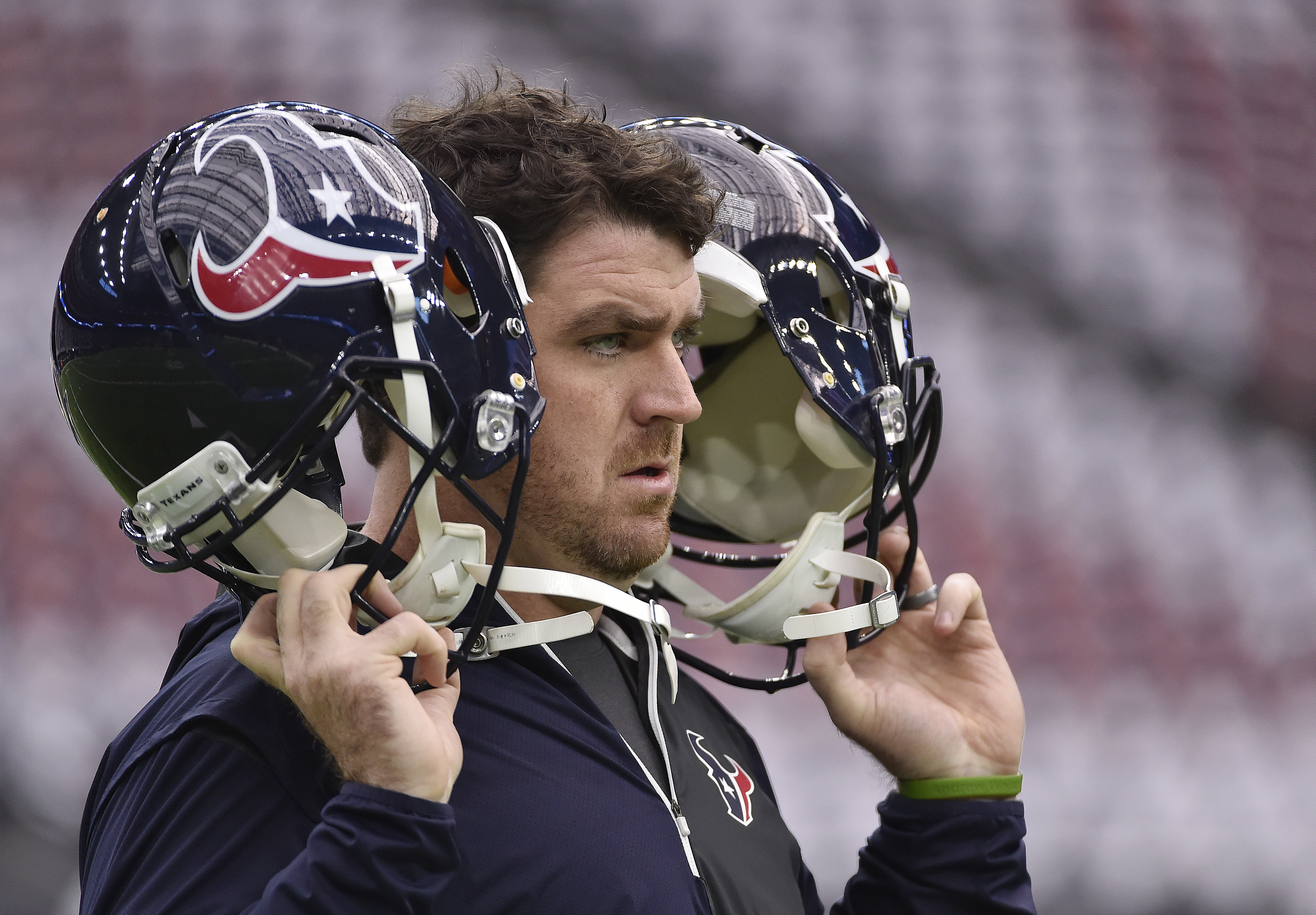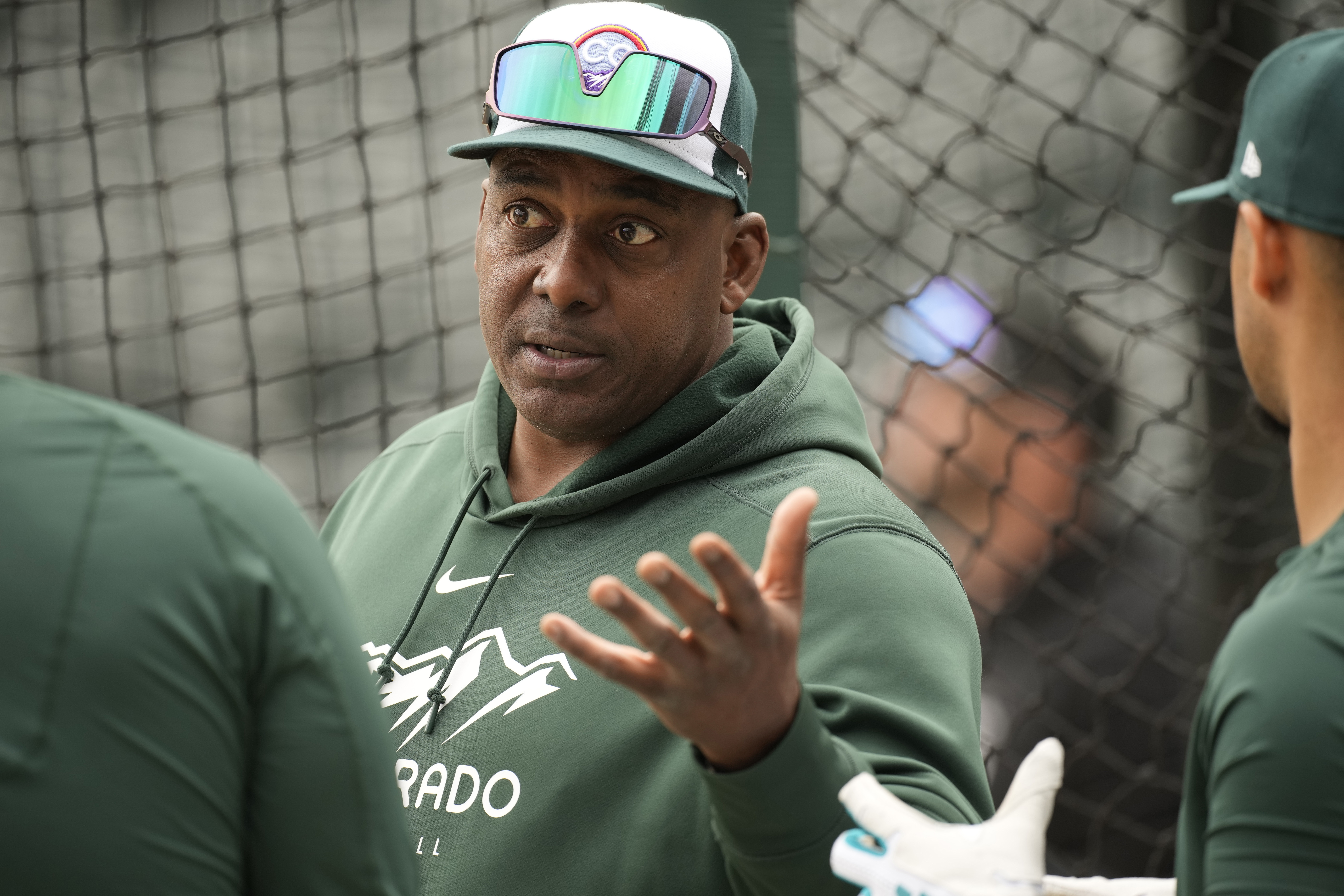
Yesterday we passed along a story from the Associated Press that said Russian authorities investigating the death of New York Rangers prospect Alexei Cherepanov had discovered evidence of "doping" of some kind. If that's the truth, then perhaps we shouldn't be surprised.
After all, it was a little more than a year ago that Random House published King of Russia, a memoir by former NHL head coach Dave King that recountted his year coaching Metallurg Magnitogorsk in the Russian Super League. It was that book, co-written by hockey Globe and Mail reporter Eric Duhatscheck, that leveled some serious charges about an anything goes attitude concerning performance enhancing drugs in Russian hockey -- allegations that also involved Pittsburgh Penguins forward and current NHL scoring leader Evgeni Malkin.
Once again, my friend Dmitry Chesnokov of Sovetsky Sport has come through with a timely translation, this time of a November 2007 interview Sovetsky's Pavel Lysenkov did with King in the wake of the publication of the book. The initial interview raised such a ruckus in Russian hockey circles that Genndi Velichkin, Metallurg's managing director, insisted that he have a chance to answer the charges and in particular, to defend the reputation of former Metallurg trainer Viktor Gudzik. In the process, Velichkin also enveloped Penguins winger Petr Sykora and Devils forward Patrick Elias in the controversy.
Gudzik is better known in Russia for training Elena Elesina, the winner of the gold medal in the women's high jump at the 2000 Summer Olympics in Sydney. After leaving Metallurg, Gudzik took a job with Avangard Omsk, the team that Cherepanov played for, but was dismissed about a year ago. His current whereabouts are unknown. Chesnokov's translation of both interviews follows after the jump.Pavel Lysenkov (PL):You said that Metallurg Magnitogorsk pays a lot of attention to pharmacology. You also mentioned fitness trainer Viktor Gudzik, who injected players with God knows what. Could you give more details about that?
Dave King (DK): "I am from North America. And here if players inject something or take pills (although this is rare) they know exactly what it is they are injecting or taking. And Magnitogorsk hockey players, especially the young ones, have absolutely no interest in this topic. Gudzik gave them shots, and they didn't ask any questions. This is what surprised me.
I asked my players: 'Do you know what you are given?' They replied: 'Vitamins.' But they were not sure. I remember bringing this issue up with Igor Larionov. He told me that during the Soviet era they were also pressures to take unknown pills and shots. I think this practice has been in place since that long ago."
Sports
PL: Can you guarantee that it wasn't the doping?
DK: "I don't know. Honestly. I want to believe that those were vitamins. I know that there were players in the NHL who took steroids. But those guys knew what they were doing. Because their lives depended on those cocktails they injected themselves with. And in Russia, I noticed, players are often given shots and they don't ask anything. Nothing."
PL: King was the head coach. Gudzik was his mere subordinate. Dave, why didn't you stop this practice with injections?
DK: "I asked what was given to players. And I was always told: vitamins. I was also promised there would be no problems with the doping tests. And it was true, no one caught us using doping. That's why I cannot testify that those were prohibited substances."
PL: And young players like Evgeni Malkin [who played in Magnitogorsk under King], could they refuse these shots?
DK: "Malkin is a typical example of young players, who were obedient and did what they were told. They trust their coaches. Actually, it's the same in North America. I think this is wrong. Young [players] should have their say.
But Magnitogorsk's veteran players were interested. And some of the older players refused to take shots. For example, Dmitry Yushkevich, Igor Korolev, Vlad Bulyin. They have experience and they feel their body and know their conditions. And they know themselves when they need supplements, and when they do not."
PL: How often were these injections administered in Magnitogorsk? Were they administered more often before the playoffs?
DK: "They were administered once every two weeks during the regular season. The schedule did not change before the playoffs."
It didn't take long before Velichkin was in Sovetsky's offices in Moscow to fire back. This portion of his interview that dealt with the charges about performance enhancing drugs appeared a few days later in the pages of Sovetsky:
Genndi Velichkin (GV): "Gudzik? He is not a pharmacologist! He is a general fitness trainer. An honored person. He brought up Elena Elesina, who won gold in high jump in the 2000 Olympics. Gudzik was given a "For Accomplishments for Motherland" medal.
Gudzik worked for us from 1997. He worked with our guys in the gym, ran cross country, worked on the bike, put together endurance charts."
Pavel Lysenkov (PL): So what Magnitogorsk players were injected with?
GV: "First of all, let's not connect Gudzik with the shots. He did not do that. Secondly, players were given vitamins... There were injections, no one is arguing against that. They exist even now. The club doctor administers them...
But not everyone, as King writes, is injected with something. I can give you my head to cut [if it is not true]. Even Dave agrees: our players trust what the doctor does. Players are rich people, why would they want to damage their health?
Each playoff has doping testing. Why isn't Magnitogorsk caught? Because we are clean."
PL: How often are players tested for doping?
GV: "This playoff [2007] that was run by the Russian Hockey Federation we were not tested at all. But before, when the Professional Hockey League [PHL] existed, we decided that beginning with the quarterfinals we would test three players after every game. The league paid us money and we contacted the Russian Anti-doping Committee and were ourselves the initiators of these tests.
Five minutes before the end of the third period there was a draw held. For example, Avangard Omsk's doctor would pull three pieces of paper with the number of Metallurg Magnitogorsk's players, and vice versa. These three players [from each team] could not go anywhere and be alone after the game: they couldn't change, could take a shower. Together with doctors from Moscow, who were representing the anti-doping agency, plus PHL representatives went to special rooms, which had bathrooms. And the tests were run. Everything was fair.
No one from Metallurg Magnitogorsk was ever caught using doping. Apart from one scandal that took place in the 2000 playoffs, but that was just politics against out clubs. Test B showed that no one used doping. We were even offered apologies..."
PL: Then why does King provide such hints?
GV: "To better sell his book. Of course I understand that in the NHL all players heal [using] self-inspiration and hypnosis. Or get their strength back eating some magic croquettes. But you know, that when [Patrick] Elias and Petr Sykora came here during the lockout, they brought bags full of "chemicals?"
PL: "Chemicals?" What do you mean?
GV: "Pills, medications, vials ... God knows what that was."
PL: But you are Metallurg's director. And, if your players are caught using doping, it will hurt the club's reputation.
GV: "I asked them. And the doctors asked them, and Gudzik [asked]. They answered: 'Everything is alright, these are rehabilitation remedies and supplements that we were prescribed in the NHL."
PL: What is happening now with Gudzik?
GV: "He left us in January of this year [2007] when Metallurg came back after a disastrous start [of the season]. Out new head coach Fedor Kanareikin asked me to have him handle fitness training himself, rather by having an assistant to it. During King's [tenure], actually, all fitness [training] was on Gudzik, and Dave didn't even go to the gym. I asked Viktor [Gudzik]: 'Maybe you should stay with the club, work with young players? We will keep your salary.' Gudzik replied: 'No, let's part on good terms. Why should I deal with kids?'
I even joked: '[Viktor], I know you as a strong coach. There is one request - do not work for other hockey clubs. We do not need competition.' Gudzik kept his word and worked with football players. Salavat Yulaef was interested in him. But a couple of weeks ago, as I was told, Gudzik became Avangard Omsk's coach..."
Did King Book Foreshadow Cherepanov's Death? originally appeared on NHL FanHouse on Tue, 30 Dec 2008 07:00:00 EST . Please see our terms for use of feeds.
Permalink | Email this | Linking Blogs | Comments




